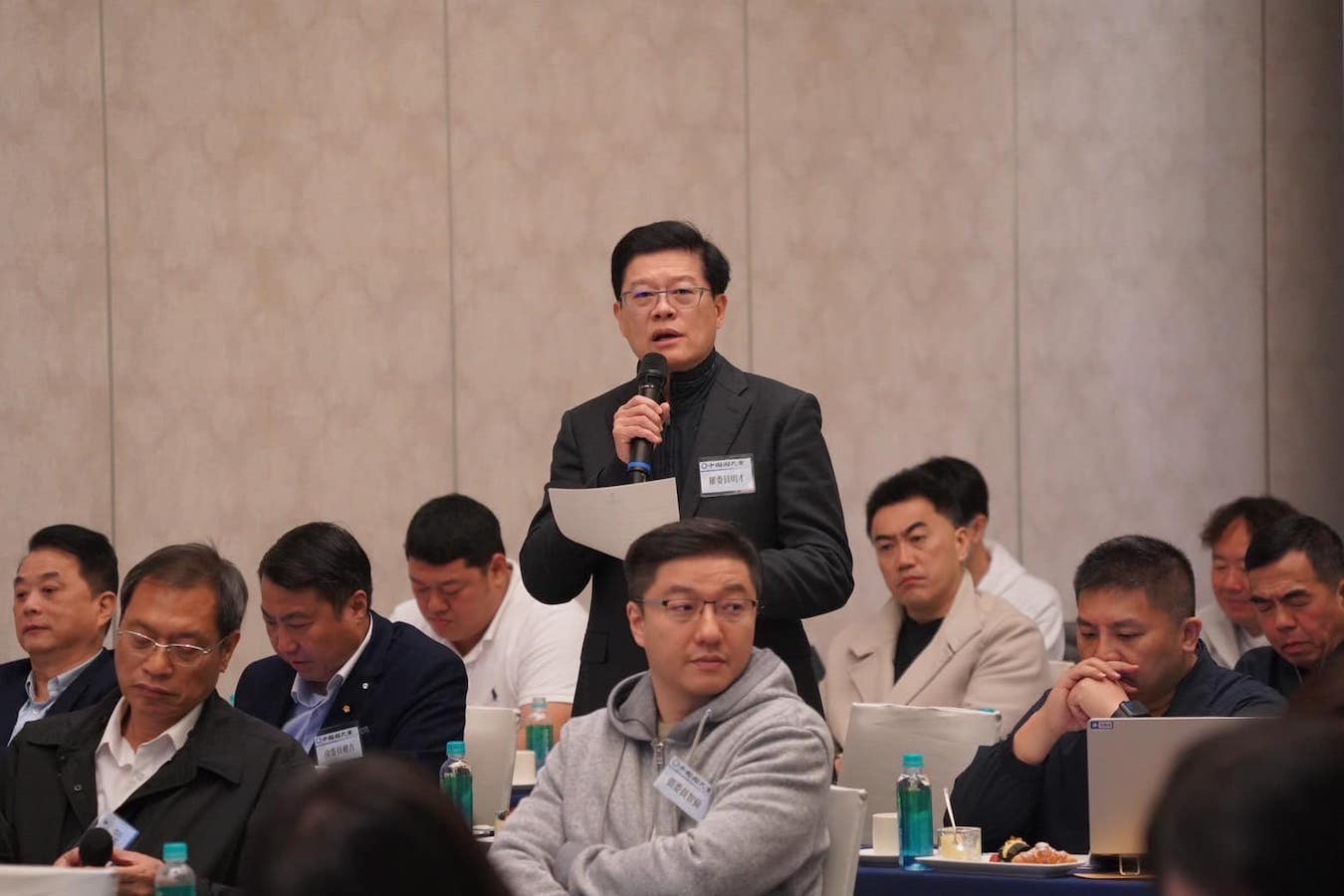by Brian Hioe
語言:
English
Photo Credit: Fu Kun-chi/Facebook
A DRAFT PROPOSAL by KMT caucus convener Fu Kun-chi has stoked controversy. Namely, the proposal would provide for the extension of high-speed rail around all of Taiwan, though this is attached to a proposal ostensibly focused primarily on an expressway connecting Hualien and Taitung and the extension of Freeway No. 6 to Hualien. The bill is currently backed by Legislative Yuan Vice President Johnny Chiang of the KMT.
The DPP legislative caucus has criticized the proposal, citing the unconstitutionality of the freeway proposal when this would extend 174 kilometers and pass through eleven Indigenous villages, agricultural areas, and geologically sensitive areas such as the East Rift Valley and Dulan mountain.
To begin with, the DPP legislative caucus has cited that consent from the Indigenous villages affected by the freeway construction is necessary for there to be construction. Likewise, farmers could be among those displaced by the proposal. Lastly, geologically sensitive areas could prove dangerous to highway infrastructure. Instead, the DPP has emphasized that it prioritizes the railway system for transportation on Taiwan’s east coast.
To this extent, there has been much discussion of whether to extend the high-speed rail across eastern Taiwan. In particular, concerns have been raised in the past regarding the potential effects that increased tourism would have on the east coast if there was construction of a high-speed rail system.
But, in this vein, the DPP has criticized the KMT for attempting to push for the idea without any evaluation or consultation process regarding the potential impacts of extending the high-speed rail system on the environment or local residents. For instance, it was noted that the idea seemed to materialize with little prior discussion, in consideration of that extending the high-speed rail around Taiwan was not part of the KMT’s 2024 presidential platform . The extension of the high-speed rail has also been criticized around Taiwan, likewise, was criticized as unrealistic.
Part of the sensitivity regarding the issue goes back to Fu.s reputation. Fu is often considered one of the KMT’s most notoriously corrupt politicians.
 Fu Kun-chi (center). Photo credit: Fu Kun-chi/Facebook
Fu Kun-chi (center). Photo credit: Fu Kun-chi/Facebook
Indeed, Fu Kun-chi has a longstanding reputation for political corruption, with allegations of corruption and insider trading having dogged Fu for over fifteen years. Insider trading charges against Fu date back to 2005, with Fu accused of manipulating the stock prices of Hold-Key Electric Wire & Cable Company Limited after being offered 20 million shares by Hold-Key’s general manager, Yang Kai-ti, and deputy general manager, Yu Su-yuan.
Both hoped to inflate the value of Hold-Key stocks because the company had recently won a lucrative contract from state-run electricity company Taipower. Fu’s actions subsequently led to the tripling of Hold-Key’s stock value. The court case led to a 54-month sentence, which was reduced to a 42-month sentence in the second ruling, and then later to a 16-month sentence that was reduced to an 8-month sentence after the case made its way to the Supreme Court.
Another major scandal broke out regarding Fu in December 2018, with the revelation that Fu spent 5.46 million NTD to bribe journalists for positive political coverage. Fu was accused of misappropriating county funds and rewarding them to reporters from media outlets for positive press. This took the form of what was ostensibly a bid awarded to develop a media database for promoting county policies, with payment amounts in the hundreds of thousands of NTD. 25 reporters from 14 news outlets were involved, including major newspapers and television networks, both pan-Blue and pan-Green, as well as both privately and publicly funded. These include the United Daily News, Formosa TV, Sanlih Television, Next TV, CTiTV, Taiwan Indigenous TV, and Hakka TV.
Most notorious of all, Hualien county magistrate Hsu Cheng-wei was married to Fu, but before his jailing on corruption charge, he divorced her and named her deputy county magistrate so that she could continue ruling over Hualien in his stead. As such, Fu has been termed the “king of Hualien” by political critics, criticizing his apparent family rule over Hualien.
Fu is sufficiently controversial that when the KMT leadership made moves to bring him back into the party, young members of the KMT were critical because of the potential impact that this would have on public perceptions of the party. Yet given his ability to win elections in Hualien consistently, he was not only named to the KMT’s central standing committee, but to become the party’s caucus convenor.
Given this political history, it is far from impossible that Fu hopes to benefit from kickbacks in the process of freeway or high-speed rail construction. This may, in fact, have very well proved the reason as to why Fu sought the caucus convenor position in the KMT, initially throwing his hat into the race for the Legislative Yuan president as part of moves likely aimed at trying to secure the position . It is to be seen as to whether the KMT is successful in pushing for this proposal, then.

